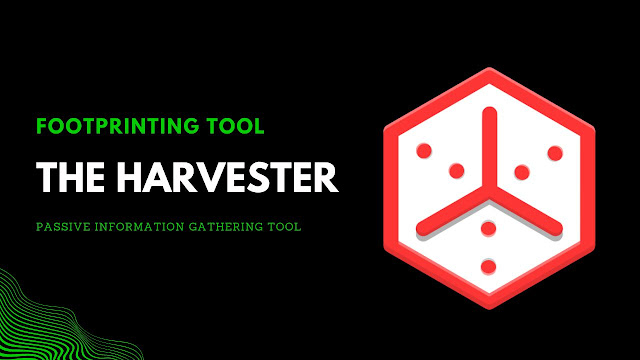theHarvester, an open-source reconnaissance tool used by security professionals and ethical hackers, to learn more about possible targets before conducting a penetration test or security assessment. It is primarily intended for data collection and can assist users in acquiring a variety of information about a target, including email addresses, subdomains, hostnames, open ports, and more. This data can be useful for determining potential attack vectors and evaluating the security of an organization's online presence.
KEY FEATURES
- Email Harvesting: theHarvester can search for email addresses associated with a domain by querying search engines, DNS data, and public sources. It can be used to identify potential targets for phishing attacks or to gather contact information for a target organization.
- Subdomain Enumeration: It can enumerate subdomains of a target domain by querying DNS servers. This can help identify additional entry points or services associated with the target organization.
- Hostname Discovery: theHarvester can discover hostnames and IP addresses associated with a domain, providing insights into the target's infrastructure.
- Search Engine Scraping: It can scrape search engines like Google, Bing, and Shodan to provide results for particular keywords and domain names, helping in identifying online assets related to the target.
- Exporting Results: Users can export the gathered information in various formats, including CSV and XML, for further analysis or reporting.
INSTALLATION
- Method 1: In the Linux distro, use the apt command i.e., sudo apt install theharvester.
- Method 2: Via GitHub
- Clone GitHub Repositroy using command git clone https://github.com/laramies/theHarvester.
- Build the tool via Python using command sudo python3 setup.py build. (Make sure to CD into the theHarvester directory)
- Install via command sudo python3 setup.py install.
USAGE
theHarvester -d hackhunt.in -l 10 -b bing
In the above command, -d specifies the domain used for harvesting the emails,
-l will limit the results to 10, and -b tells you to extract the results from the
Bing Search engine; alternatively, you can use Baidu, DuckDuckGo, Brave,
etc.
OPTIONS
| Flag | Description |
|---|---|
| -d DOMAIN | Company name or domain to search |
| -l LIMIT | Limit the number of search results, default=500 |
| -S START | Start with result number X, default=0 |
| -s | Use Shodan to query discovered hosts |
| --screenshot | Take screenshots of resolved domains specify output directory: --screenshot output_directory |
| -e DNS_SERVER | DNS server to use for lookup |
| -f FILENAME | Save the results to an XML and JSON file |
| -b SOURCE | anubis, baidu, bevigil, binaryedge, bing, bingapi, bufferoverun, brave, censys, certspotter, criminalip, crtsh, dnsdumpster, duckduckgo, fullhunt, github-code, hackertarget, hunter, hunterhow, intelx, netlas, onyphe, otx, pentesttools, projectdiscovery, rapiddns, rocketreach, securityTrails, sitedossier, subdomaincenter, subdomainfinderc99, threatminer, tomba, urlscan, virustotal, yahoo, zoomeye |
It's important to note that theHarvester should only be used for legal
security testing and research reasons, and its use should always adhere to all
applicable laws and regulations. Legal consequences may result from the use of
this technology unlawfully or maliciously. theHarvester is frequently used by
security experts and ethical hackers as part of a thorough security assessment
to assist organisations in identifying and resolving vulnerabilities in their
online infrastructure.
You might be interested in,
We hope this helps. If any suggestions or doubts you can add a comment and we
will reply as soon as possible.



%20Cover.jpg)
%20Cover.jpg)



No comments:
Post a Comment